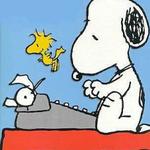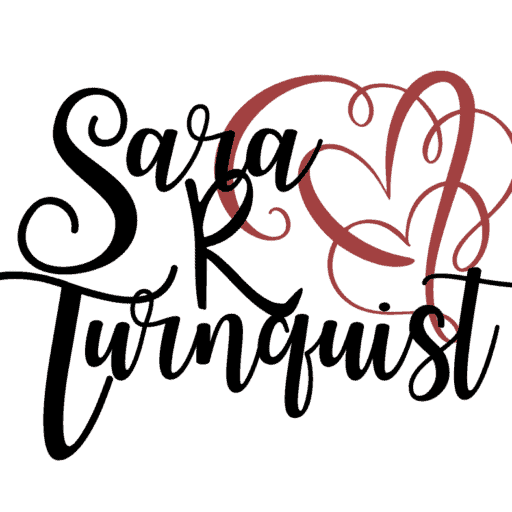 Okay…here’s my limited experience pitching to an agent. This is what I have between my research and actually doing it. I hope it helps someone out there.
Okay…here’s my limited experience pitching to an agent. This is what I have between my research and actually doing it. I hope it helps someone out there.
First of all, we need to understand one thing about agents. They need writers. There are only two people necessary to make this whole book thing work: the writer and the reader. Everyone in between is icing on the cake. And as the world of publishing is changing (as I’m coming to understand), the role of the agent is becoming…fuzzier. Do we still need agents? Absolutely! They do play an important part in the middle work between writer and reader, but that role is changing. That’s all I’ll say. Mostly because that’s all I know.
The Pitch. What are you going to say to the agent? Well, “Hi, my name is Sara” is a great place to start. But what about after that? How will you communicate what your book is about? Maybe you have a “what if…” sentence to hook the agent. Maybe you have a riveting tale to spin for him/her. But you should be able to boil down your book in 1-3 sentences (which I understand is called “the elevator pitch”) – this comes in handy whenever anyone asks you about your book. Plan it out. Write it down. And practice, practice, practice. But be prepared to give an oral pitch.
The “Shiver”. Above all, you must communicate “the shiver” (as Bob Mayer calls it)…that thing that makes someone say “tell me more”. Can you communicate “the shiver”? Most importantly, you have to be able to exhibit your passion about your book. I mean, it’s your book. If you don’t care, they’re certainly not going to. Why did you write the book in the first place?
The One Page. Many agents/publishers will want a one page, or will find it useful. This is an attractive one-page print out that generally has your title, tag line, blurb, genre, word count, short bio, and contact info with a picture that communicates something about your story. Check the agent’s website to see what they expect you to bring to your meeting though. You can also google “novel one page examples” to see a few.
The Synopsis. Some agents want a synopsis. This is generally a 2 page (double spaced) summary of your story. Not many writers enjoy writing synopses. I would rather pull out my own teeth. But it is something we have to do from time to time. Try to narrow your novel down to as few necessary details as you can while still communicated the major characters’ arcs and still get the main idea and theme of the book across. Think of it this way: it’s used to communicate the WHAT, not the WHY of your story. Oh, and have fun…I know I will :-/
Writing Sample. I would plan to bring the first 2-3 chapters of the book you are pitching as a sample of your writing. The synopsis should give some indication of how you write, but in those constraints, who can really showcase what their writing is really like? (That’s what I say anyway.) The agent may ask for a sample there or may ask you to send the writing sample. I feel it’s best to have everything there in case they ask on the spot. It is not likely at all that they will ask for the whole manuscript. So, I would not worry about having that on hand. But, especially if you are not published, only pitch something that is completed.
 Ask Questions. No matter how the agent responds to your pitch, be prepared to ask questions. This is a unique opportunity for you. If they liked your novel/your writing, great. If not, all is not lost, make the most of this chance to pick their brain and get some feedback. And some of your questions answered.
Ask Questions. No matter how the agent responds to your pitch, be prepared to ask questions. This is a unique opportunity for you. If they liked your novel/your writing, great. If not, all is not lost, make the most of this chance to pick their brain and get some feedback. And some of your questions answered.
REMEMBER…BE YOURSELF!!! The agent really is a real person. It is a real conversation. Try not to be intimidated. I am always so nervous and my first pitch I prepared, prepared, prepared the night before. And then he asked me some questions I had not thought to prepare for. But I kept my cool and took the questions as they came the best I could. The session ended up going really well and he wanted to hear more from me. Go figure…
Now…here comes another question. Do you need an agent? Only you can answer that question. I currently have a publisher I am happy with who likes my writing. I know that an agent can “open doors” that I cannot open for myself (mostly to bigger publishers) and negotiate subsequent contracts more intelligently than I can. So, that is something to consider. For now, I will keep taking advantage of the opportunities that these writers’ conferences afford me to pitch to agents and publishers for the feedback and the experience.

